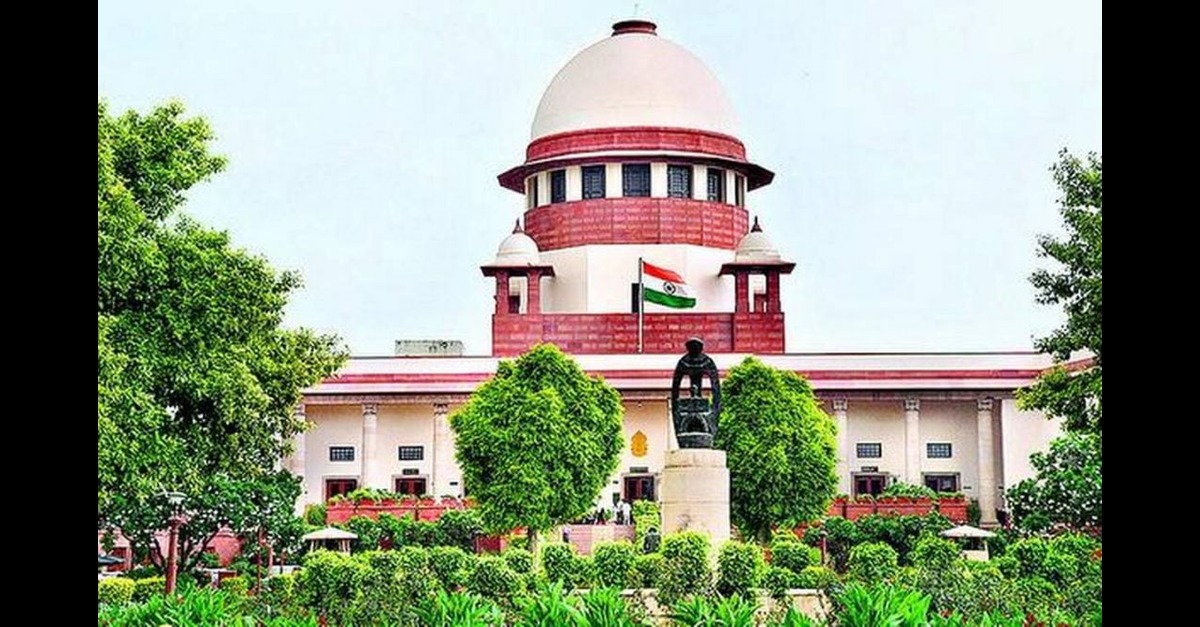Introduction
In a landmark 4:1 majority ruling, a five-judge Constitution Bench of the Supreme Court of India has explained the scope of judicial interference in arbitral awards under Sections 34 and 37 of the Arbitration and Conciliation Act, 1996, in the case of “Gayatri Balasamy v M/S ISG Novasoft Technologies Limited.” This ruling settles earlier ambiguities by enunciating the fact that courts have limited powers to alter arbitral awards. The ruling states that courts cannot modify awards but there is a limited and specified area to reverse mistakes or delete portions of the award without changing its essential nature.
Background
In India, the Arbitration and Conciliation Act of 1995 is the main legislation governing arbitration. Section 34 of this Act specifies the limited grounds on which a court can set aside an arbitral award, while Section 37 outlines the provisions for appealing orders related to the setting aside of awards and certain interim measures. Traditionally, there has been a split in judicial opinion on the degree to which courts were empowered to amend arbitral awards under these sections. Some judgements like “Larsen Air Conditioning and Refrigeration Company v UOI” held the view that courts had no power to amend awards, while others had allowed such amendments.
This conflict prompted a reference in February 2024 by a three-judge bench to a larger bench to settle whether courts can modify arbitral awards under Sections 34 or 37.
Key Points
The majority judgment, authored by Chief Justice Sanjiv Khanna, delineated specific circumstances under which courts can modify arbitral awards:
- Severability: Courts may separate invalid portions of an award from valid ones, effectively modifying the award.
- Clerical Errors: Courts can correct computation, typographical, or clerical errors evident on the face of the award.
- Post-Award Interest: Modification of interest rates may be permitted in certain cases.
- Article 142 Powers: The Supreme Court, under Article 142, can modify awards, but this power must be exercised cautiously within constitutional limits.
Justice KV Viswanathan dissented, arguing that Section 34 does not permit modifications, as it amounts to a merits review, undermining arbitration’s ethos. He opposed modifying post-award interest, suggesting remission to the tribunal, and rejected the use of Article 142 for modifications, citing potential uncertainty in arbitration litigation. However, he agreed that clerical errors could be corrected.
Recent Developments
The Constitution Bench, comprising Chief Justice Khanna, Justices BR Gavai, Sanjay Kumar, AG Masih, and KV Viswanathan, reserved its judgment on February 19, 2025, after a three-day hearing. The Court examined three core issues: the meaning of ‘modification’, the extent of permissible partial modifications- without changing the core of the award, and the severability of awards.
Arguments before the Court included the Union’s stance, represented by Solicitor General Tushar Mehta, that Section 34 only allows setting aside awards, not modifying them, as modification requires legislative intervention. Referring to S.37 of the Act, he explained that when the Court finds a certain part of the award severable from the whole award, it could be set aside- but such severing would not amount to a modification of the award.
Conversely, petitioners, led by Senior Advocate Arvind Datar, argued that courts should have the power to modify erroneous awards, interpreting ‘set aside’(partial or full) to include partial interventions, supported by the inherent powers of civil courts under Section 151 of the CPC.
Conclusion
The Supreme Court’s 4:1 majority decision has brought much-needed clarity to the debated issue of modifying arbitral awards, firmly establishing the limited scope of judicial power under Sections 34 and 37. While the majority’s ruling does broaden the possibility of judicial intervention in clearly defined situations, the dissenting opinion highlights the crucial importance of safeguarding the autonomy of the arbitration process. This judgment is expected to make arbitration-related litigation in India more efficient by striking a balance between necessary judicial oversight and the principle of finality in arbitral awards.
“PRIME LEGAL is a full-service law firm that has won a National Award and has more than 20 years of experience in an array of sectors and practice areas. Prime legal falls into the category of best law firm, best lawyer, best family lawyer, best divorce lawyer, best divorce law firm, best criminal lawyer, best criminal law firm, best consumer lawyer, best civil lawyer.”
WRITTEN BY RAMIT MAITI


